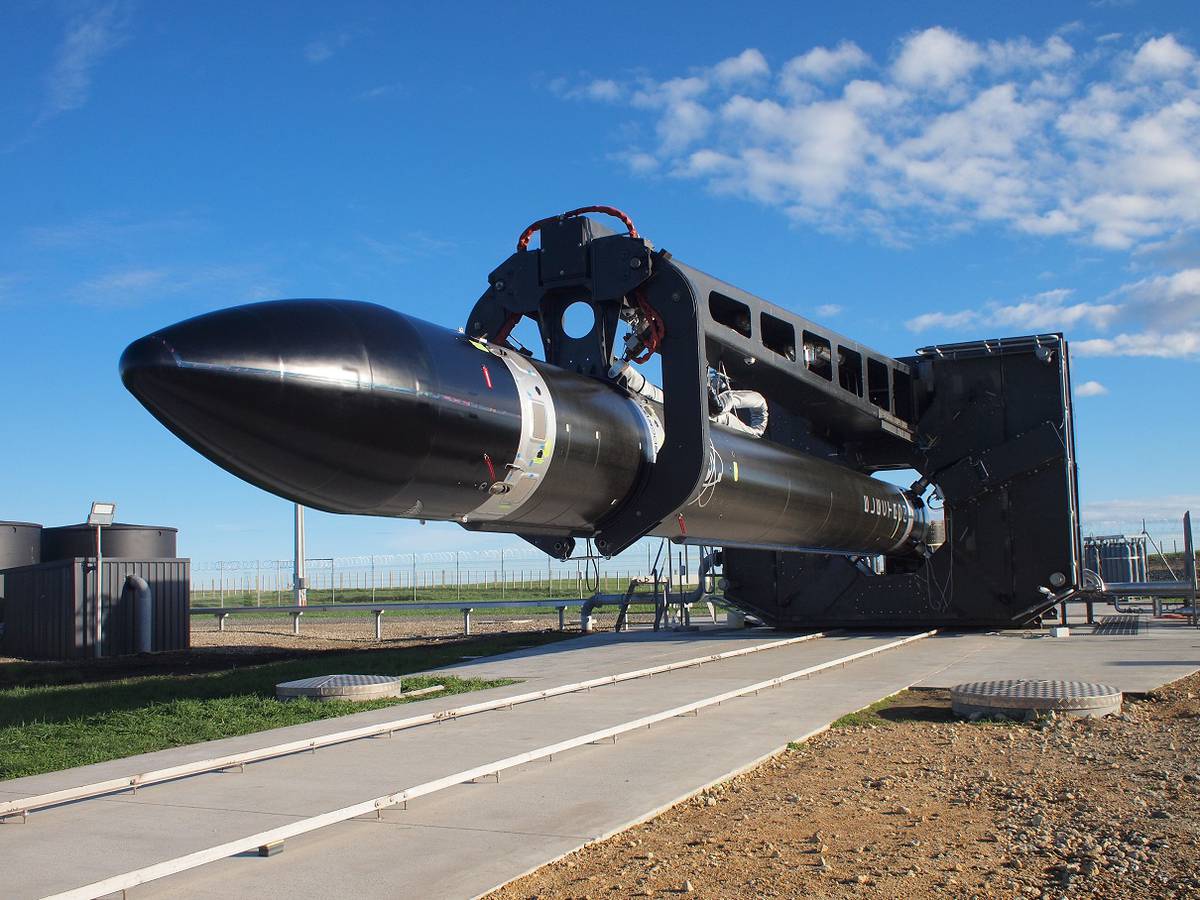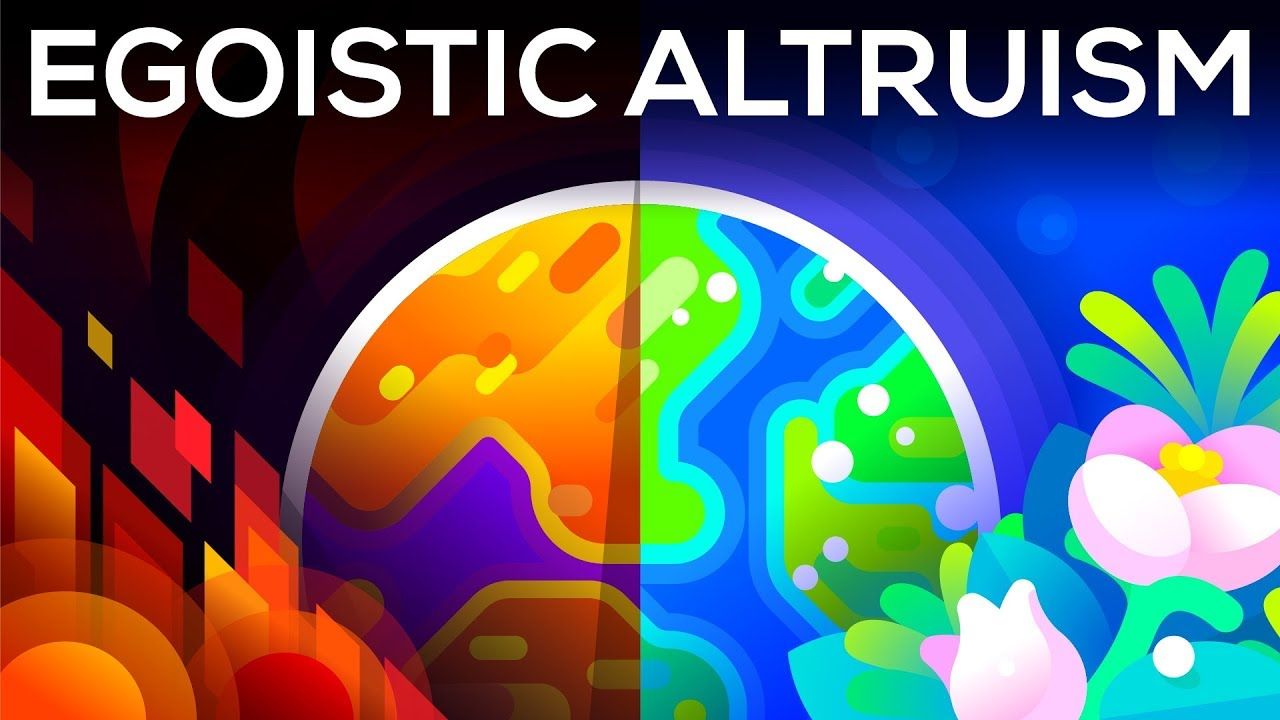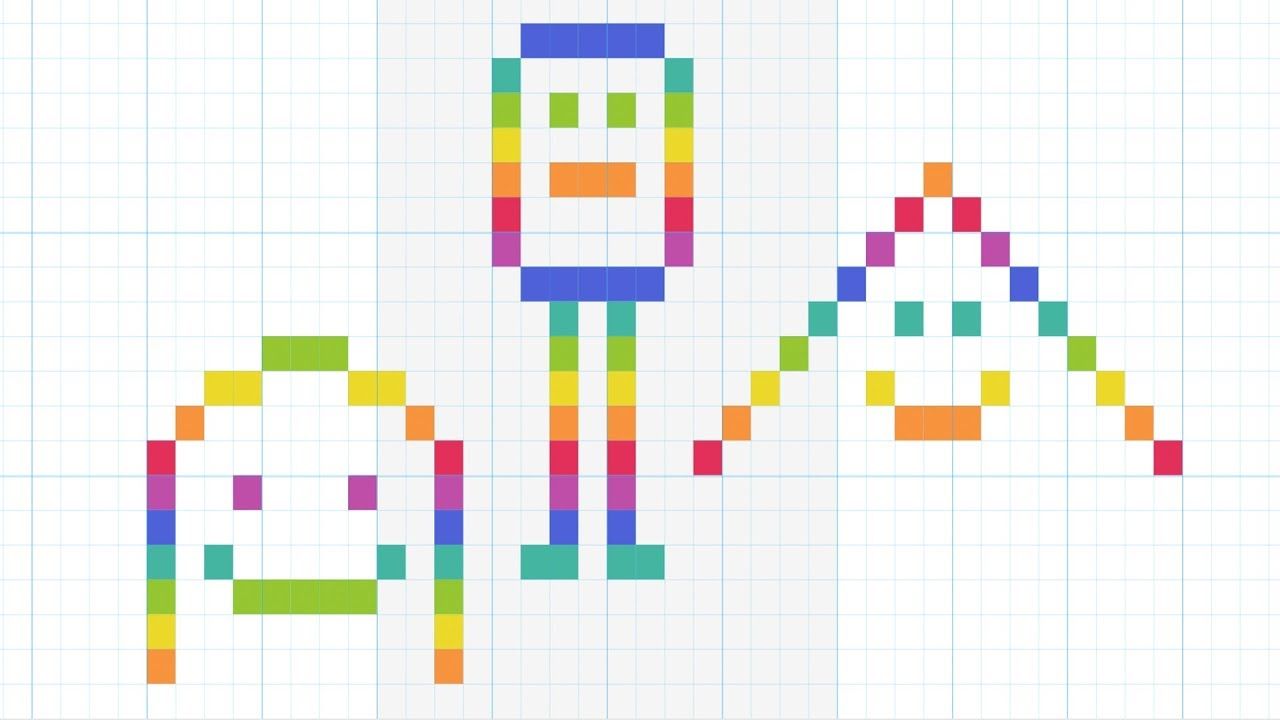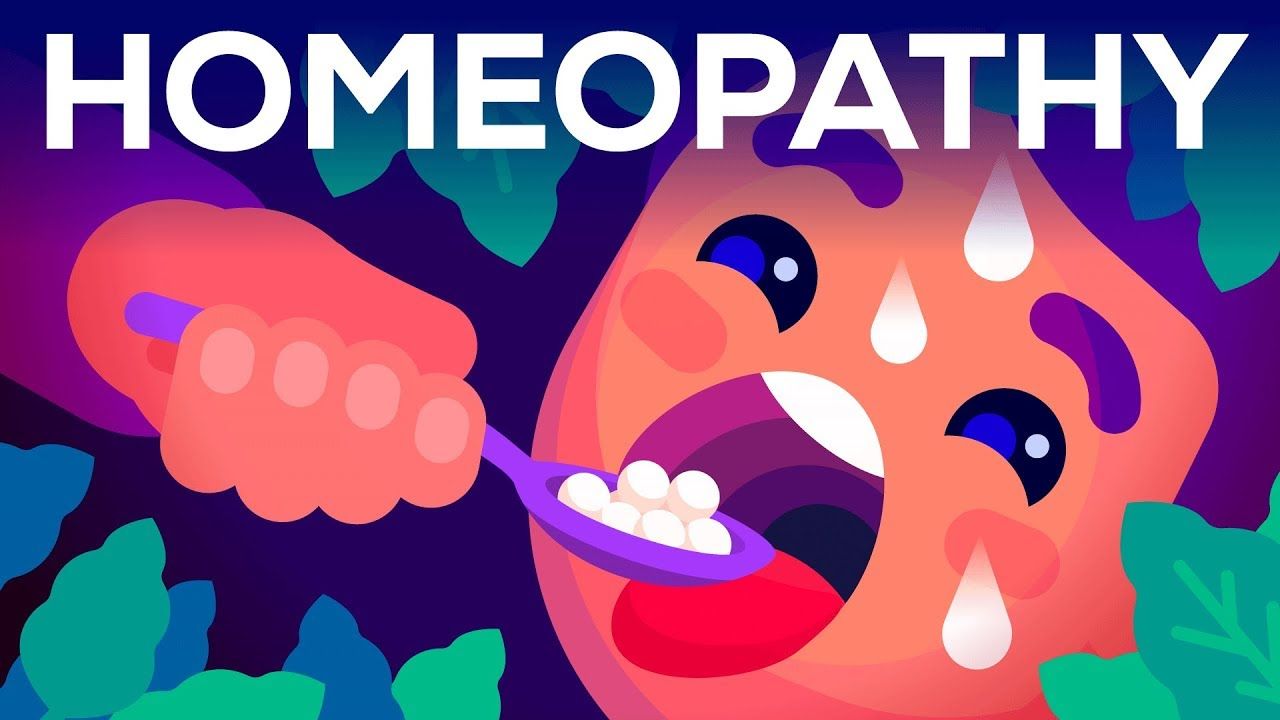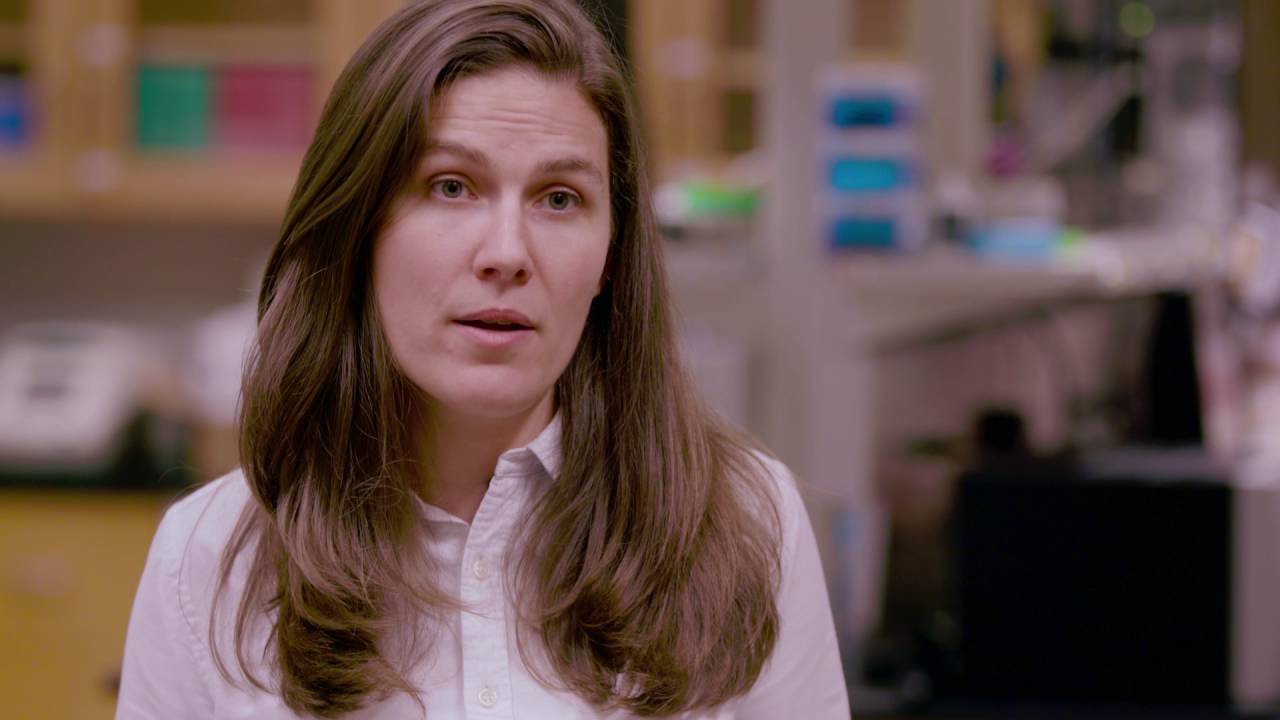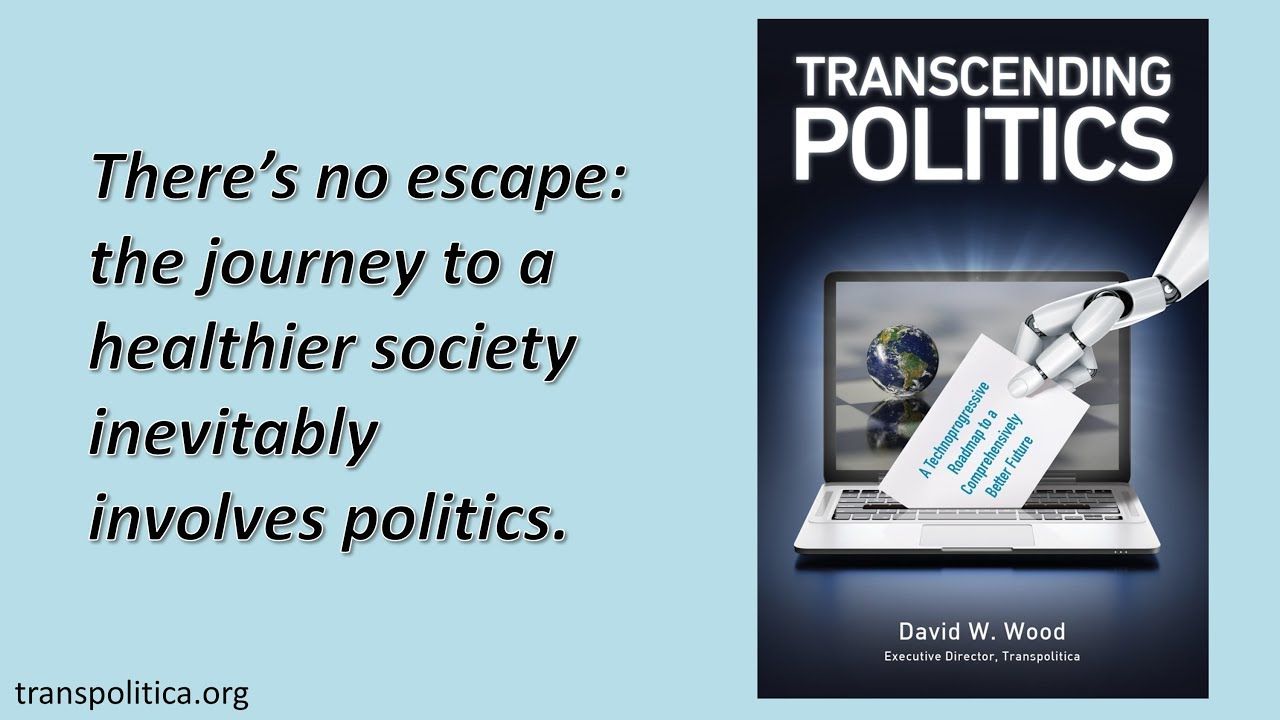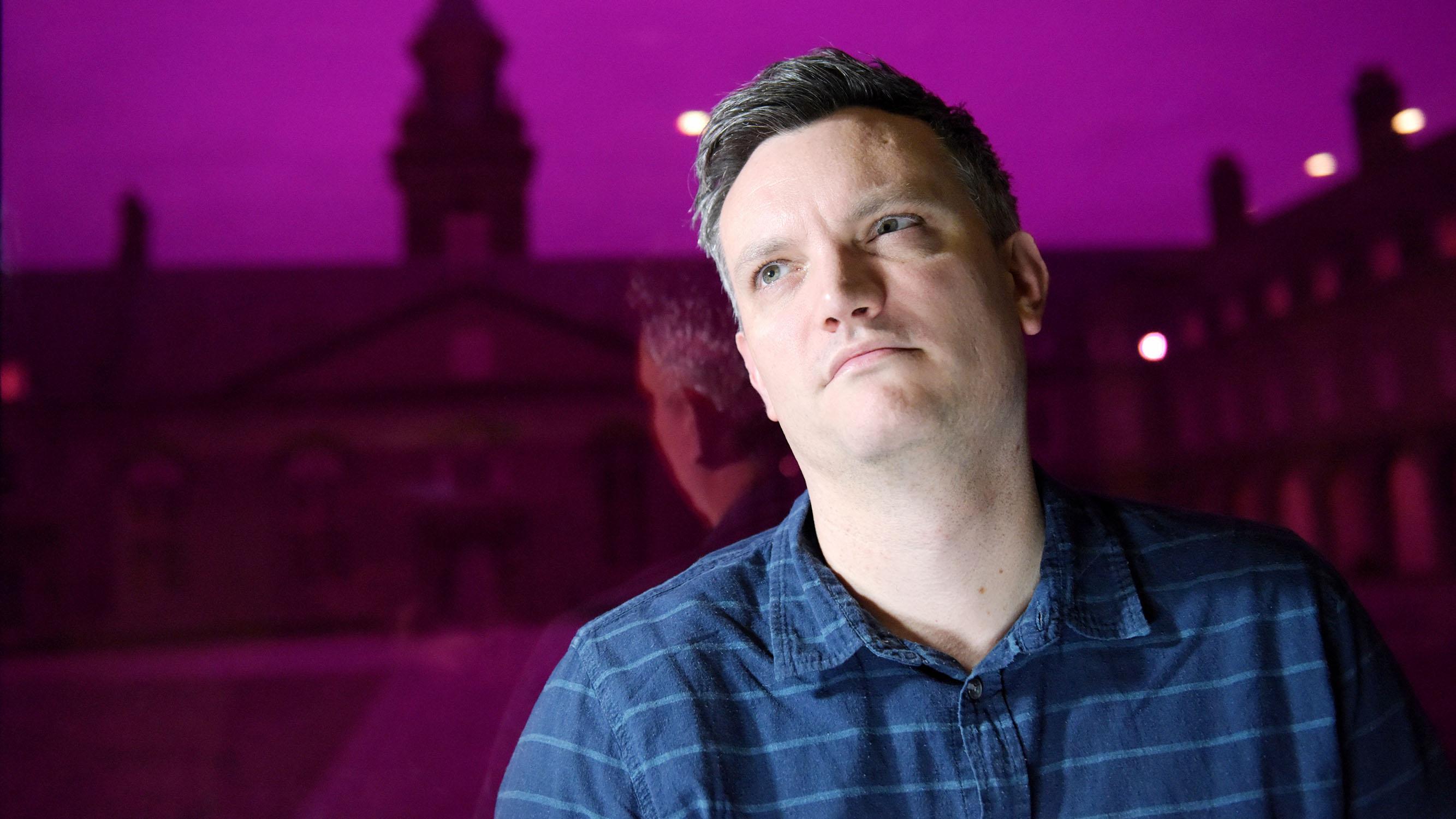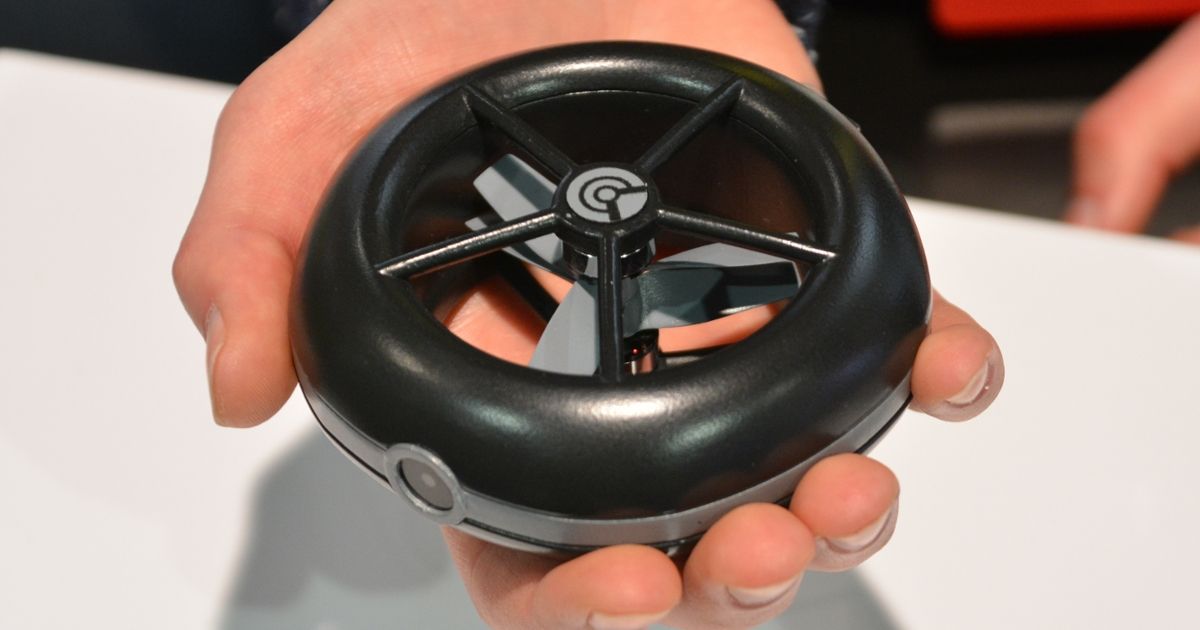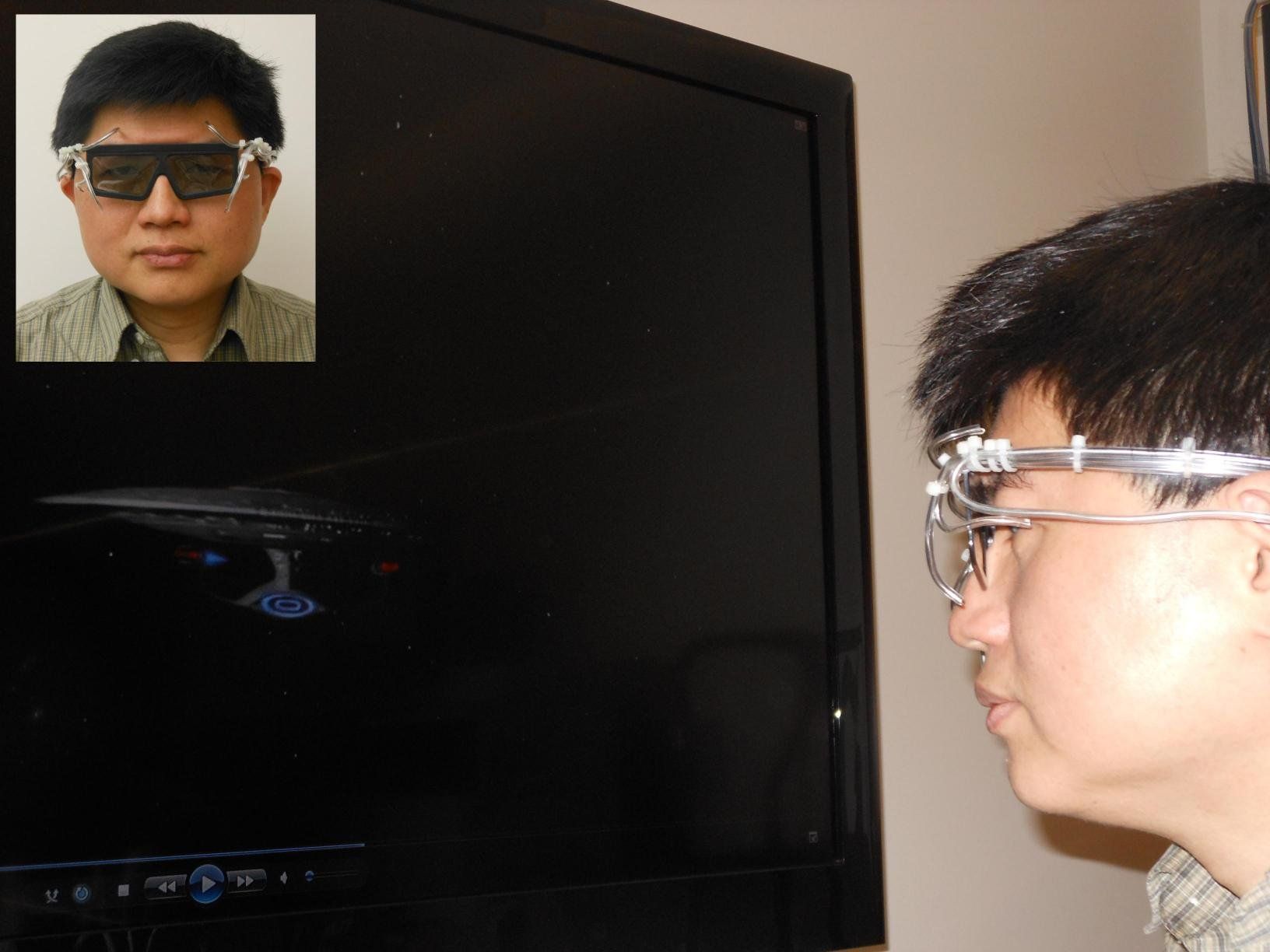Space has suddenly become big in New Zealand, but Rocket Lab is just one example of what is starting to look like exponential growth in commercial activity. Business consultant and self-confessed space junkie Kevin Jenkins looks into how things are shaping up.
One space narrative is about disappointment. The 1950s and 1960s were about possibilities, and landing on the Moon seemed to prove that the science fiction of the 20th century really was just history written before it happened. But the promise of space seemed to peter out. The Apollo moon programme came to look more like a peak or end-point, rather than the trial run for Mars some in the space programme had hoped it would be.
After Apollo, “space” seemed to shift back to being more of a popular culture theme. For example, the famous song, album and movie Space is the Place is by one of my favourite jazz weirdos, Sun Ra, who was adamant he came from Saturn. Space became a dominant meme in pop and rock music too, as well as a mainstay in novels and films.
